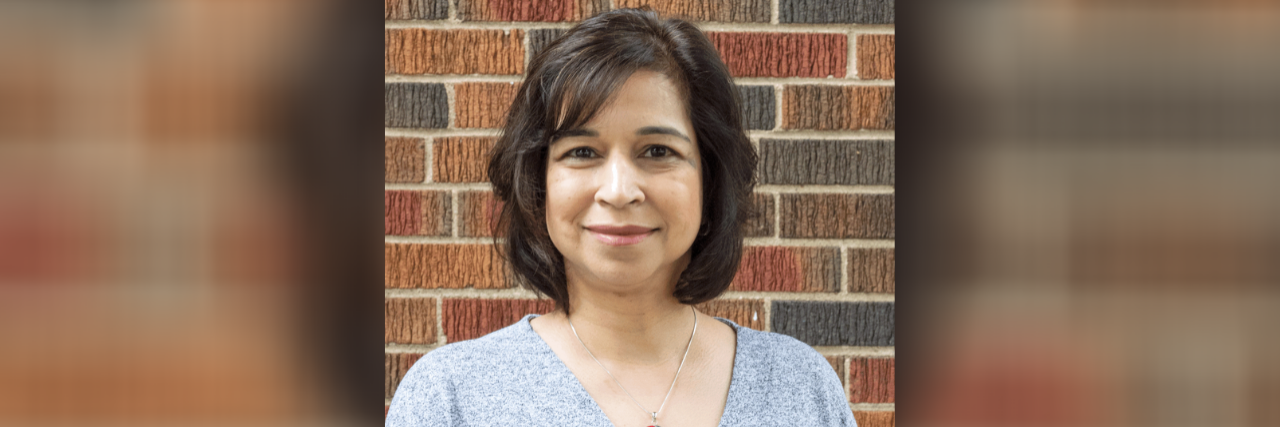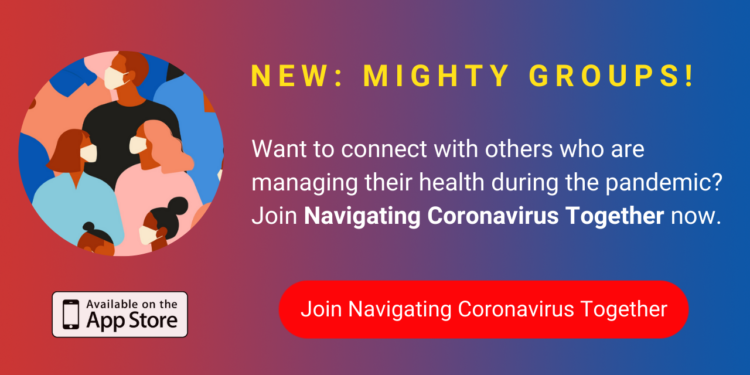It was early in the new year. A cold January night found me curled up in bed. My hand laid against my left breast. I was suddenly aware of a small lump. A flood of uncertainty and fear. My journey had begun.
When COVID-19 shut down Canada, my world had already been turned upside down six weeks earlier. I had been diagnosed with breast cancer, had surgery and was finally understanding my treatment plan. I would head into chemotherapy as the world was hunkering down for the COVID-19 pandemic.
Visits from family and friends were suddenly impossible. Old worries about managing hectic teen schedules were replaced with new ones: being immune-compromised during a pandemic; helping children cope with social isolation. There were unknowns piled upon unknowns.
But as I was once told by someone who faced deep personal loss — even as the universe is taking from you, it is giving to you too, in the form of life lessons. I wanted these twin crises to have some meaning. I couldn’t just accept the idea of pointless suffering.
In research on resilience, and even on grief, finding meaning is a key coping strategy. Those who overcome crises are those who focus on something bigger than the challenge in front of them. That was the gift of famed psychologist and Holocaust survivor Viktor Frankl, who literally wrote the book on the search for meaning.
For me, I started with a focus on family, specifically, my two teenage daughters. Carrying them through both crises was my first priority. They were facing their own challenges with social isolation, coupled with worry for me and the unknown of what chemo would mean for all of us. I wanted to show them what resilience looked like.
Resilience requires a combination of both grit and grace. Grit is just to say that when you fall down, you get back up. You persevere to reach a goal. I found it helped to focus on the small steps. Taking life, as much as possible, one day at a time. A half day at a time — if a full day seemed like too much.
Grit does not, however, mean that you fight your feelings. To “get back up,” you have to sit with emotions — sadness, disappointment, pain. The COVID-19 pandemic involved a collective grief that couldn’t be ignored. Cancer brings its own share of anxiety to the mix. It helped to accept these emotions and view them like waves in the ocean. Sometimes it felt like they would overwhelm, but given time, they receded. When the waves come, it helps to know you can ride them back to a better place.
Grace, for me, meant recognizing my gifts and blessings. A mindset of gratitude became my North Star. Despite my own challenges, I had much to be grateful for — including the diagnosis of a treatable, early stage cancer. I was fortunate to face the challenge at a time when so much is known about this far-too-common cancer. Having lost both a loved one and friend to terminal cancers, I never took that for granted.
I was grateful to continue working with a supportive team and amazing clients. After a career in issues management, I wasn’t about to miss working on a global pandemic. Did I miss more than I would have liked? Absolutely. But I focused on doing what I could and tried not to regret what I missed.
I was grateful for my support network, both near and far. Comforting phone calls, books, “puns of the day.” A Wonder Woman Snuggie blanket arrived to celebrate the end of chemo.
From the start, I knew I could count on the love and support of my family. Not everyone can say that, and I was deeply grateful. Parents, sisters, daughters, nieces and nephews all kept me anchored with their frequent check-ins, constant love and deep sense of faith.
One of the ironic gifts of chemo and COVID was the opportunity to be more connected than ever to those far away, albeit virtually. Long-time friends were life rafts. As with so many women’s relationships, our contact had been held to quick phone calls (often from parking lots during sports practices and music rehearsals — half-finished conversations between work and motherhood. COVID gave us the luxury of longer and more frequent talks and a lot of laughs.
Admittedly, I was sometimes uncomfortable accepting generosity from friends. I worried people had more important things to do. I take great pleasure being on the giving side of the equation. It took time and encouragement to learn to receive. The wise words of my childhood hero, Fred Rogers, resonated:
“All of us, at some time or other, need help. Whether we’re giving or receiving help, each one of us has something valuable to bring to this world. That’s one of the things that connects us as neighbors — in our own way, each one of us is a giver and a receiver.”
It is a blessing, I finally realized, to be both. There was grace in accepting the help of others and someday it would again be my turn to give.
COVID-19 has stripped down our lives and world to the bare essentials. Our collective understanding of what really matters has been redefined. Cancer treatment put those things into even sharper personal focus.
I learned that in illness, there are quiet moments you have to face alone. No one else can bear it for you. I am humbled by the knowledge that others have suffered far more and far longer than I. That is a lesson I will never forget.
Both cancer and COVID have been reminders that there is so much we cannot control. If we can learn to accept that, we can focus on what we do control. We can choose how we respond. We can choose to find meaning, to be grateful and to connect and embrace the support of others.
Even though it wasn’t always pretty — there were some tears, there was anger — they passed. I didn’t fight the wave, but let it slowly carry me back to firm ground and the warm embrace of family and friends. I have learned that I have a mighty tribe. I have a full and grateful heart. I want to pay it forward and I can’t wait.
Photo via contributor


